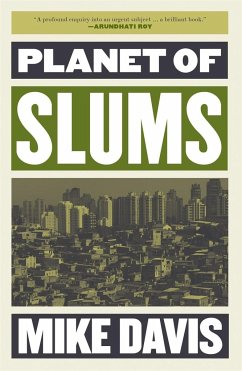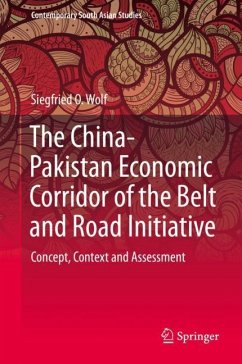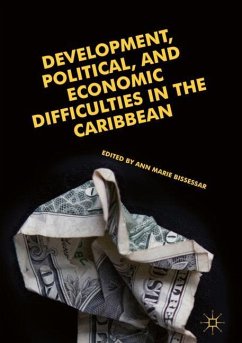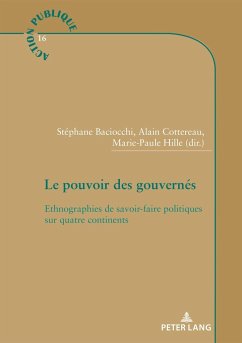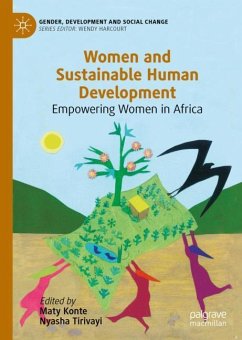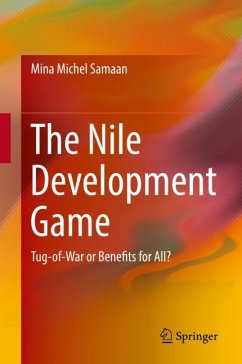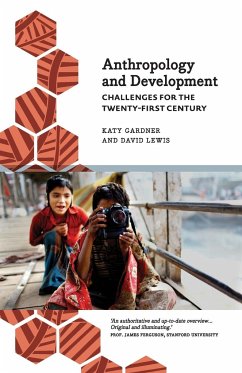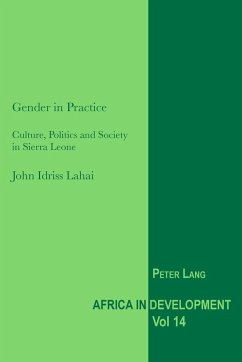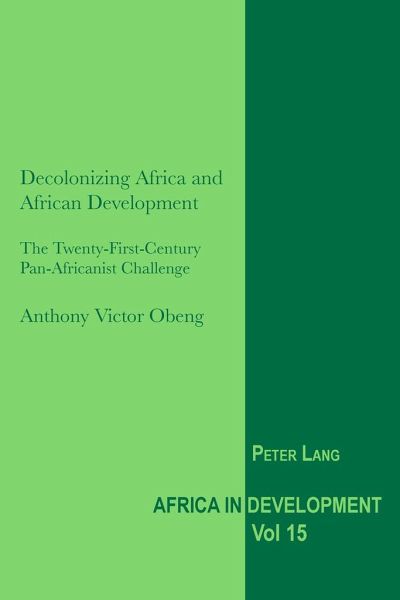
Decolonizing Africa and African Development
The Twenty-First-Century Pan-Africanist Challenge
Herausgegeben: Senghor, Jeggan C.
Versandkostenfrei!
Versandfertig in 6-10 Tagen
71,90 €
inkl. MwSt.
Weitere Ausgaben:

PAYBACK Punkte
0 °P sammeln!
The book is an intellectual and political response to Thomas Sankara's challenge to the African people to dare to invent their own future, an echo of Patrice Lumumba's call for them to write their own history. Exploring the history of Africa's underdevelopment and the short-circuiting of the Pan-African movement, it argues for the revival of Pan-Africanism as a force for change and calls for a worthy successor to the Fifth Pan-African Congress.As a background to this argument and call, the book revisits Pan-Africanism's history and founding ideals and conducts ruthless forensic examinations of...
The book is an intellectual and political response to Thomas Sankara's challenge to the African people to dare to invent their own future, an echo of Patrice Lumumba's call for them to write their own history. Exploring the history of Africa's underdevelopment and the short-circuiting of the Pan-African movement, it argues for the revival of Pan-Africanism as a force for change and calls for a worthy successor to the Fifth Pan-African Congress.
As a background to this argument and call, the book revisits Pan-Africanism's history and founding ideals and conducts ruthless forensic examinations of the de facto Bantustanization of much of Africa and parts of the Caribbean, the 'alternative development' fiascos of the late twentieth century, the contemporary 'globalization' and 'democratization' of African projects by imperialist interests, the 'Pan-Africanisms' of imperialism's active collaborators and other obstructions to the decolonization of Africa and African development.
Finally, recognizing that the plights of many Afro-Latinos, Afro-Indians, Afro-Arabs and other 'lost' or neglected 'tribes of Africa' - as well as those of the victims of 'black-empowered' predators - call out for urgent Pan-Africanist responses, the book contains numerous start-up project ideas for action-oriented Pan-Africanists.
As a background to this argument and call, the book revisits Pan-Africanism's history and founding ideals and conducts ruthless forensic examinations of the de facto Bantustanization of much of Africa and parts of the Caribbean, the 'alternative development' fiascos of the late twentieth century, the contemporary 'globalization' and 'democratization' of African projects by imperialist interests, the 'Pan-Africanisms' of imperialism's active collaborators and other obstructions to the decolonization of Africa and African development.
Finally, recognizing that the plights of many Afro-Latinos, Afro-Indians, Afro-Arabs and other 'lost' or neglected 'tribes of Africa' - as well as those of the victims of 'black-empowered' predators - call out for urgent Pan-Africanist responses, the book contains numerous start-up project ideas for action-oriented Pan-Africanists.





